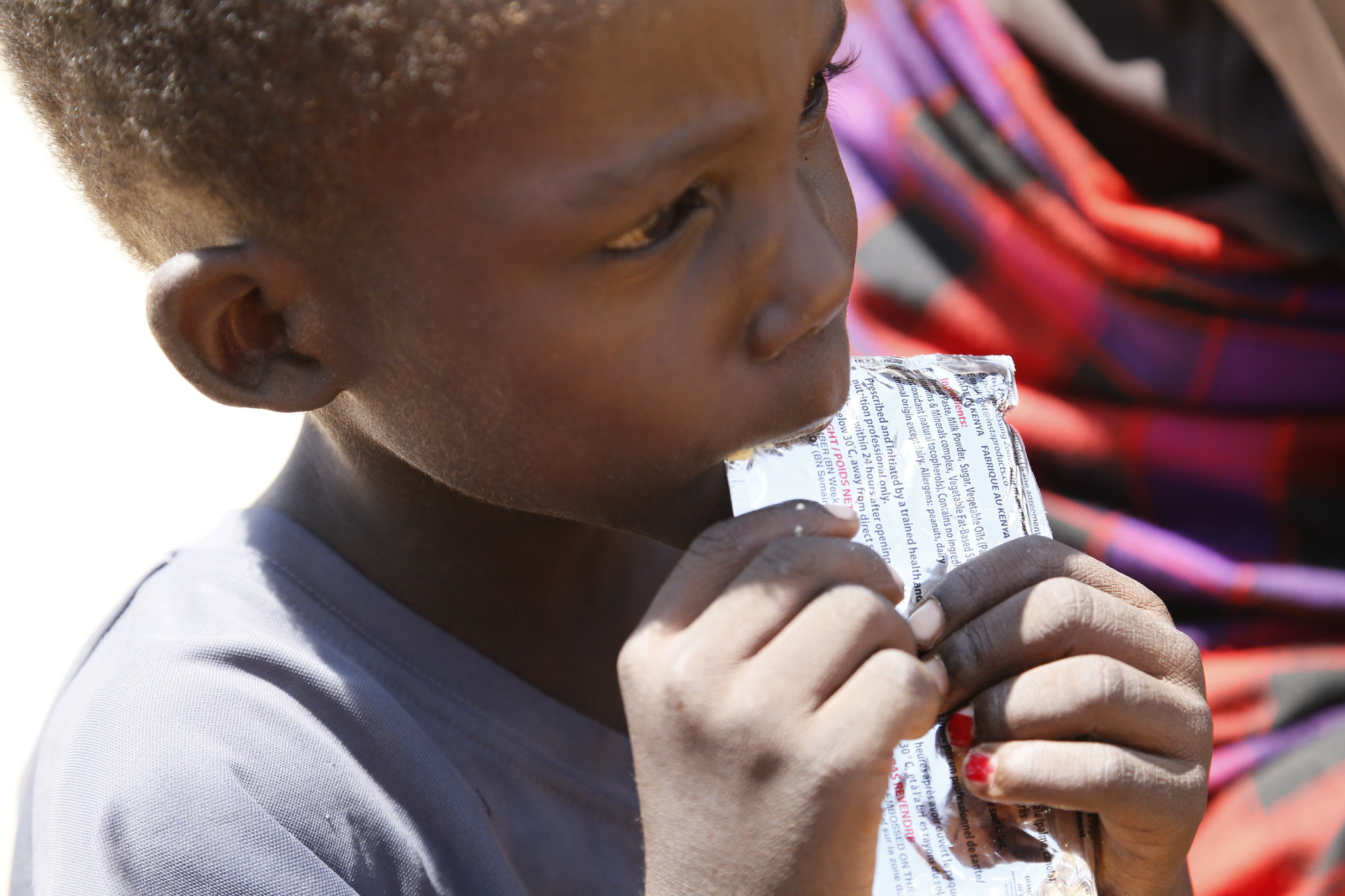What does COVID-19 mean for nutrition programmes?
16 Jul 2020
Ahead of ICAI’s forthcoming review assessing the results achieved by DFID in its nutrition programmes, ICAI Chief Commissioner Dr Tamsyn Barton reflects on how the COVID-19 pandemic could impact on the government’s work in this area.
Additional contributions from Jonathan France, ICAI nutrition review team leader, and Daniel Silver, ICAI analyst.
COVID-19 and the most undernourished
I often keep an eye out for the figures on COVID-19 in Zambia even though it is far from the worst affected country in Africa, let alone the world. Zambia was the last country I visited as part of research for ICAI’s forthcoming nutrition review, back in January. Bearing in mind the advice of the great Robert Chambers, I was pleased that our field work included a really remote area. We had to travel by boat for three hours in dubious weather to get to Kasumalunga Island, in Lunga District. We chose to go there because we knew that during the 2019 floods, the island had been cut off. We knew that there had been an emergency programme supported by UK aid and we wanted to know how it had helped with undernutrition. Help had to come by helicopter. Just how marginalised people were was evident as we arrived. One of the children who spoke to us explained that he was 11 years old. In the UK he would have looked about six. This boy had been stunted as a result of undernutrition since birth.
I keep an eye out for the COVID-19 figures for Zambia because I wonder how the people who are furthest from help are faring as Africa faces a new challenge with the global pandemic. Even where there genuinely appear to be few cases so far, the country, regional and global responses can still have a huge impact.
Although there are of course immediate causes such as inadequate dietary intake and disease that directly lead to undernutrition, underlying systemic causes create an environment hostile to good nutrition. The most vulnerable population groups to undernutrition – women and children under five, including those already experiencing protracted crises – are likely to be hit the hardest.
Longer-term impact of COVID-19 on nutrition and food security
Evidence highlights that COVID-19 is likely to have negative impacts on food and health systems over both the short and longer-term. Border closures and other restrictions on movement of people and goods disrupt the production, supply and imports of nutritious foods and reduce access to basic services. Smallholder farmers and communities reliant on agriculture are at further risk: preventative measures limit their access to markets to buy and sell their produce and limits access to paid work, lowering households’ purchasing power. Immune systems of undernourished people are susceptible to deterioration, making the most vulnerable at higher risk of developing severe COVID-19 symptoms.
For those already experiencing protracted climate- and conflict-related crises, the implications of COVID-19 could be disastrous. The distribution of humanitarian assistance that delivers lifesaving services and supports dietary diversity has been restricted due to reduced capacity and the need to comply with guidelines from the World Health Organisation (WHO). The recent Global Report on Food Crises highlights the severity of the situation as those countries with the highest levels of acute hunger could be pushed into further destitution. It is no surprise, therefore, that the World Food Programme has warned that 130 million people could be on the brink of starvation by the end of 2020 – “a famine of biblical proportions”. The Food and Agriculture Organisation’s (FAO) most recent estimate is that the COVID-19 pandemic may cause an additional 83 to 132 million people to be undernourished in 2020.
Responses to protect nutritional outcomes
The UN Global Humanitarian Response Plan is a multi-agency strategy to respond to the direct and indirect impacts of COVID-19. Large-scale humanitarian assistance will be needed to protect those most vulnerable to under-nutrition.
But it should also be recognised that ongoing nutrition interventions are important for mitigating the threat from COVID-19. A major part of any response should involve sustaining existing efforts to strengthen health systems and deliver services that both prevent and treat malnutrition, for example vitamin supplementation or advice on infant feeding. Continued support to community structures for delivering nutrition services in line with WHO guidance, is vital.
Zambia
So, what has been happening in Zambia? The good news is that Zambia’s Cooperating Partner Group on nutrition continues to meet, building on the commitment of national ministries to work together to tackle the multiple determinants of undernutrition. DFID Zambia told us that they were trying to ensure the continuation of nutrition services for the most vulnerable such as programmes supporting the Integrated Management of Acute Malnutrition, and the preventative nutrition work of health volunteers (although social distancing measures will inevitably impose some constraints). Similarly, the development of a COVID-19 social protection programme – alongside the active national Social Protection programme – will aim to safeguard the nutrition security of the poorest. Implementing these interventions simultaneously will help combat the causes of undernutrition and build resilience to the indirect impacts of the virus.
Of course, there is a real risk that nutrition may be lost among other competing priorities. The restriction of movement and social distancing measures has been limiting the collection of anthropomorphic data, meaning the scale of undernutrition due to COVID-19 may not be known. As things stand, no one will know whether the 11-year-old boy we met is in a worse or better situation than when we met him, or whether the younger children in Kasumalunga who are most at risk are once again likely to suffer irreparable damage from undernutrition.
